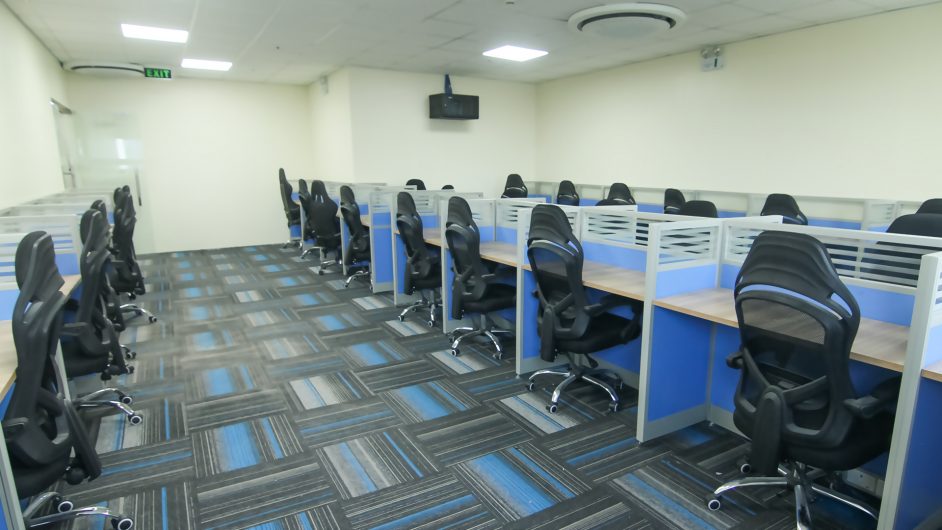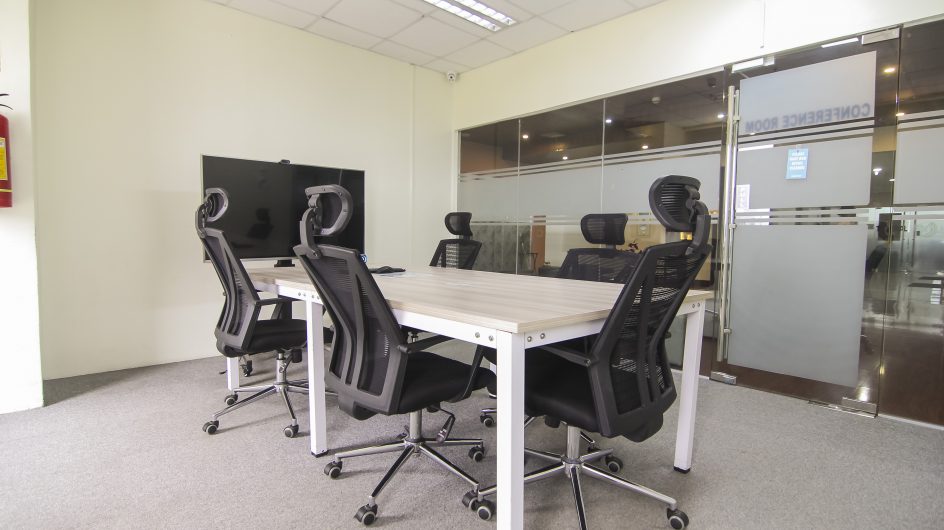Serviced Offices vs. Traditional Offices: A Modern Business Dilemma
The way we work has undergone a seismic shift in recent years, driven by technology, changing work culture, and the need for greater flexibility. Among the key developments in the world of office spaces are serviced offices, which challenge the traditional office model. In this blog post, we’ll explore the contemporary business dilemma: serviced offices vs. traditional offices. We’ll delve into the pros and cons of each, helping you make an informed decision for your workspace needs.

Traditional Offices: The Time-Tested Model
Control and Customization: Traditional offices offer complete control over the design, layout, and branding of the workspace. This level of customization is ideal for businesses with specific aesthetic and operational requirements.
Long-Term Leases: Traditional offices typically involve long-term leases, providing stability and predictability for established businesses with a stable workforce.
Dedicated Space: In a traditional office, you have a dedicated space exclusively for your business, which can enhance privacy and security.
Branding: Traditional offices can be branded to reflect a company’s identity and culture, creating a unique work environment.
Serviced Offices: The Modern Alternative
Flexibility: Serviced offices offer short-term lease options, allowing businesses to adapt to changing space requirements. This flexibility is perfect for startups and businesses with dynamic growth patterns.
Fully Equipped: Serviced offices come fully furnished and equipped with essential amenities, from high-speed internet to reception services, saving businesses time and money on setup and maintenance.
Cost-Effective: Serviced offices eliminate the upfront costs associated with traditional offices, including security deposits, utility bills, and office furniture. This makes them a cost-effective solution.
Networking Opportunities: Many serviced offices foster a community environment, enabling businesses to network and collaborate with other professionals and companies sharing the same space.
The Modern Business Dilemma: Making the Choice
Nature of Business: Consider the nature of your business. If you need a long-term, customized space that aligns with your brand, a traditional office may be the better choice. If your business is dynamic and requires scalability, a serviced office could be the solution.
Budget and Cash Flow: Analyze your budget and cash flow. If you have limited upfront capital and prefer predictable, inclusive monthly payments, a serviced office offers financial advantages. Traditional offices may involve higher upfront costs.
Growth Projections: Consider your business’s growth projections. If you anticipate expansion or downsizing in the near future, a serviced office’s flexibility may be more suitable.
Culture and Work Environment: Think about the work environment you want to create. Traditional offices allow for complete customization and branding, while serviced offices offer a more communal and collaborative atmosphere.

Conclusion
The choice between serviced offices and traditional offices ultimately depends on your business’s specific needs, goals, and values. Traditional offices offer control and permanence, making them suitable for established businesses. On the other hand, serviced offices provide flexibility, cost-effectiveness, and community, making them a practical choice for startups and businesses seeking adaptability. The modern business dilemma centers on finding the right balance between control and convenience, customization and flexibility. Careful consideration of your business’s unique requirements will guide you towards the workspace solution that best suits your goals and vision for the future.
